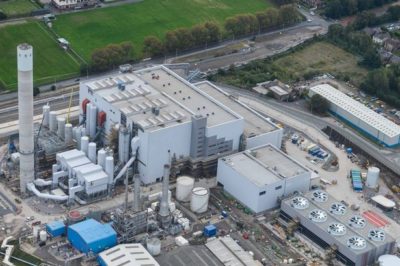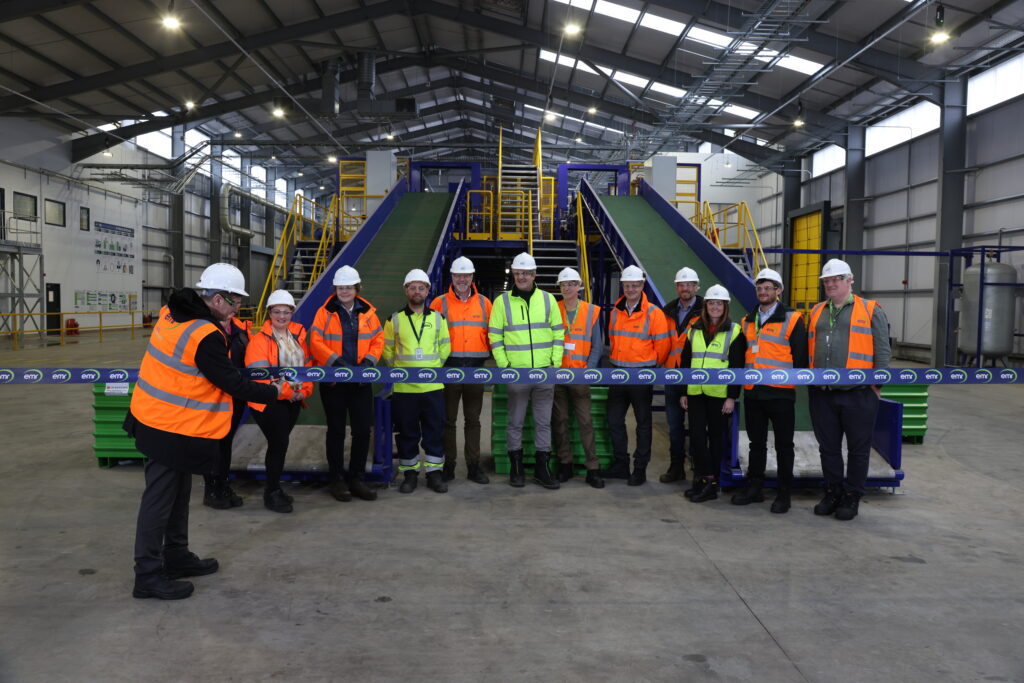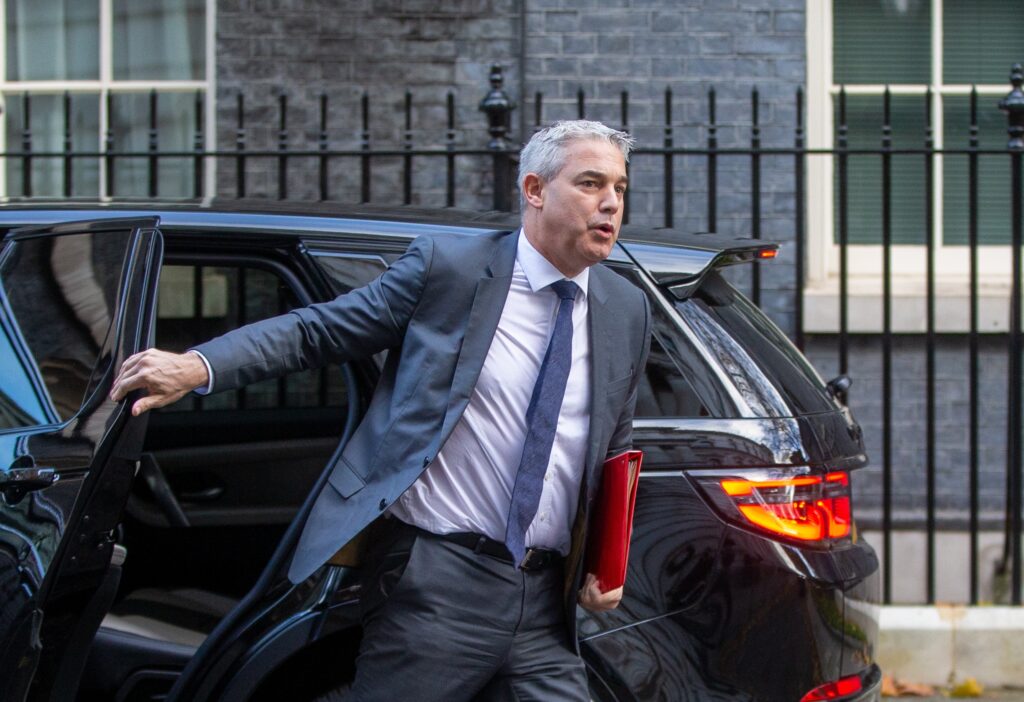Encapsulated Waste Ltd, which already recycles some 2,000 television sets each month at its Wolverhampton site, is aiming to secure “several million pounds” for the new plant through grants from Europe and the local regional development agency Advantage West Midlands as well as private sector sources.
Speaking to letsrecycle.com, managing director Jason Barker said he hoped to “break new ground” on the funding of the plant by Easter, and that it would then take six to 12 months to reach full capacity.
”We've developed the technology to take electronics and turn them into green procurement products.”“
– Jason Barker, Encapsulated Waste
Formed two years ago and with a background in automated machinery, Encapsulated Waste is already in discussions with “a number of major waste operators” about the reprocessing services they could offer as the WEEE Directive is implemented in the UK in August 2004.
Mr Barker said: “Because we are in Wolverhampton, we have access to a lot of potential waste electronics. We have around six million people living within a 40 mile radius of Wolverhampton – about 10% of the UK population.”
The company quotes DTI figures suggesting that over 700,000 old television sets weighing almost 22,000 tonnes were generated in the West Midlands area in 2002 alone.
Mr Barker told letsrecycle.com that once the plant was up and running, his company would be likely to accept whole television sets for a fee, or CRTs on their own and pre-pulverised CRT cullet for a reduced amount.
Products
Creating 100 jobs, the 150,000 square foot plant will particularly specialise in the recycling of cathode ray tubes (CRTs), Mr Barker said, using Encapsulated Waste's patented technology.
The company will not only grind CRTs and mixed plastics, processing materials to make them inert, but will also be making building products from the material.
“We've developed the technology to take electronics and turn them into green procurement products, manufacturing the products ourselves. We will even be able to recycle brominated fire resistant plastics, which is quite a difficult area because these plastics have melting points too high for the normal remelting process.”
Encapsulated Waste has been working with WRAP – the Waste and Resources Action Programme – and the Building Research Establishment (BRE) on developing markets for the products. But, Mr Barker said the company is already negotiating a contract.
For more information on the WEEE Directive and how it will affect the recycling of waste electronics in the UK, see the letsrecycle.com electronics section.











Subscribe for free